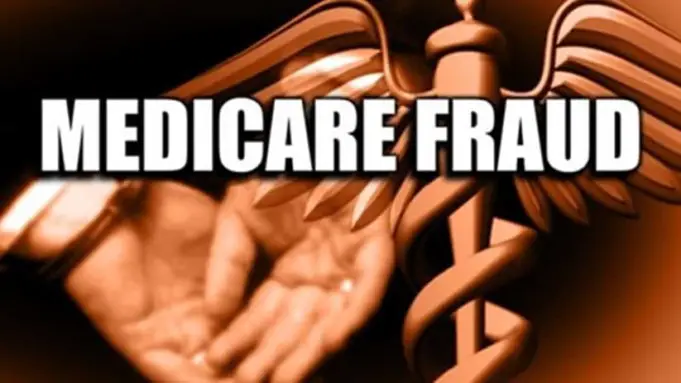Zpic in full stands for Zone Program Integrity Contractor or Contractors. Zpic Audit refers to an investigation carried out by a Zpic who is an authorized government contractor. These contractors work under the 1996 Health Insurance Portability and Accountability Act and the 2003 Medicare Modernization Act.
Their role is protecting the integrity of Medicare claims by Investigating and reporting on Medicare fraud. This is basically an audit to identify whether or not any fraud has been committed by a healthcare professional, office or facility. So these government contractors carry out an investigation only after they identify a potential fraud case.
These contractors work under a recovery program dubbed fee for service which enables them to get paid for recouping payments and successfully denying future payments that violate the Medicare billing regulations.
Centre for Medicare and Medicaid services is the umbrella body under which Zpic falls mandated to identify, detect and help prevent fraud or abuse.
Medicare Fraud
Medicare fraud claims can be classified as abusive, wasteful or fraudulent. Examples of Medicare Fraud Making a claim when there is no service rendered or when the service is provided by an unlicensed physician
Giving or Accepting Kickbacks
This refers to making a claim for a beneficiary who is not approved prescription fraud for example a doctor prescribing medication for a family member or making claims without the necessary supporting documents.
Fraud committed by a patient who consults several doctors within a short period of time also referred to as Doctor shopping; making claims with false price reports such as samples and free products claims Zpic is operational in seven zones namely Safeguard services, AdvanceMed, Cahaba, Health Integrity, AdvanceMed, Under Protest and SafeGuard services that are inclusive of all the fifty US states as well as Puerto Rico, American Samoa, Us Virgin Islands, Guam, and Mariana Islands.
What It Means To a Health Provider Selected For a Zpic Audit
If a health provider is due for a Zpic audit it means that they are subject to a fraud investigation or the contractors are reviewing information on claims made to identify whether a fraud investigation should be opened.
Possible Consequences of a Zpic Audit
The most serious consequences is the audit case being escalated to law enforcement agencies for criminal prosecution or civil litigation in accordance with the False claims Act and the imposition of sanctions such as civil monetary penalty.
The results can be referred to the Medicare administrative contractors to collect the overpayment demand. However the health provider has the right to appeal through the five step Medicare appeal process. The third consequence is the best of the three as it requires no legal action. This is when the contractors determine that provider education would suffice to resolve the case.
The Importance of Legal Counsel
As noted above a Zpic audit can lead to serious legal consequences. The legal consequences could cost you your license as a health care provider so it is not only necessary to have a legal team but also to notify them and involve them early in the process.
The legal team can advise you on your rights and obligations, advise your employees on what to say or do not to say, communicate with the auditors on your behalf. The legal team will help execute the best defense strategy to omit your disclosures so you only provide the necessary information to resolve the audit in your favor and with speed.
They can also help you challenge Zpic audit findings before the final determination is issued by focusing on identifying issues with the auditors methods, assumptions and conclusions so they resolve the case favorably without the need to file an appeal or deal with further federal investigation.
In conclusion, health care fraud is vast and can be occur in subtle or complex ways. It is not easy to determine what Zpic considers as fraud and how you can avoid falling victim to fraudulent claims. Additionally it is difficult to assess whether or not fraud occurred and yet it is necessary for medical facilities to understand and adhere to Medicare guidelines at all times. Since to be for-warned is to be forearmed, health care practitioners should seek qualified legal advice on compliance measures.












